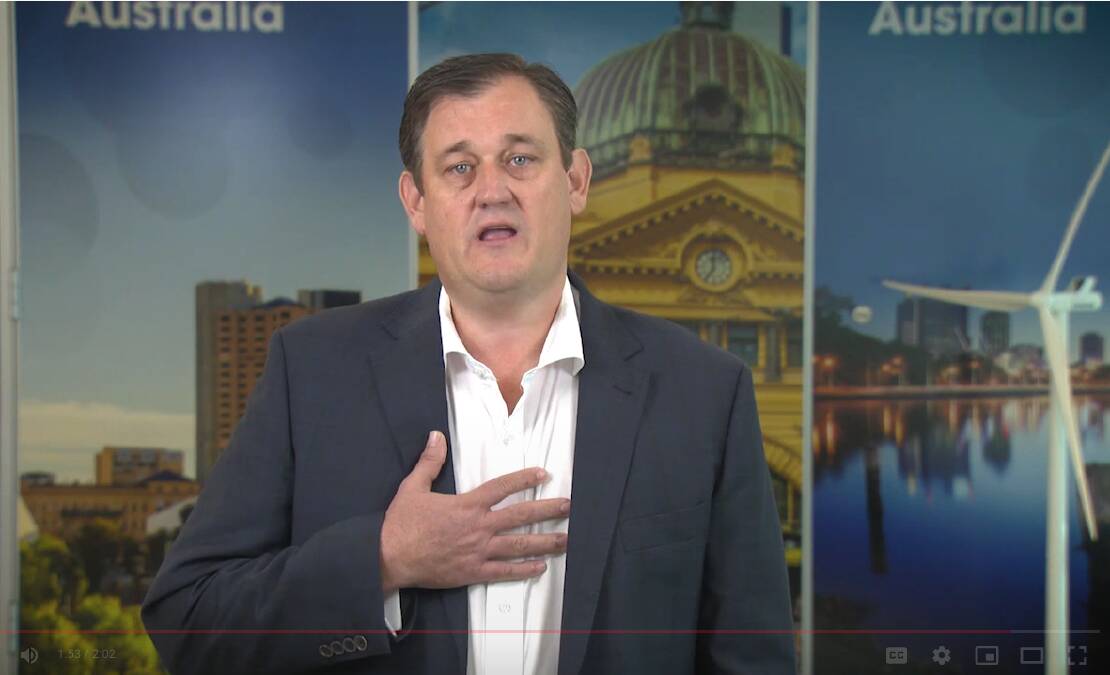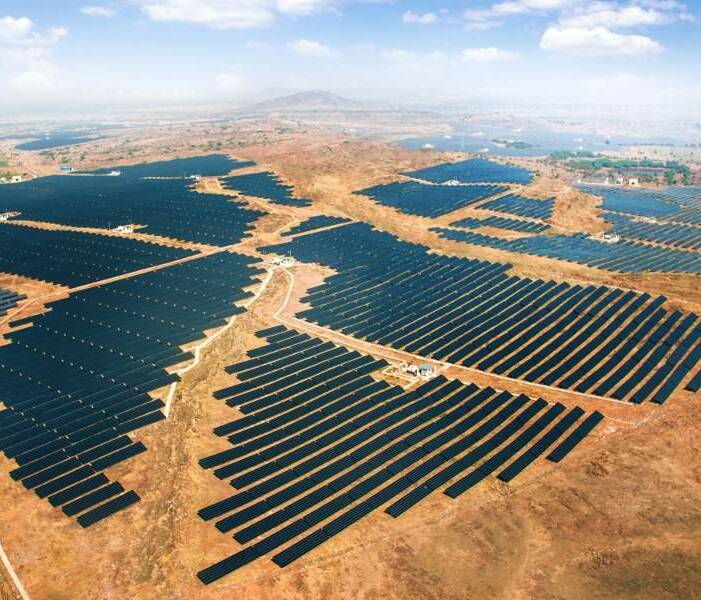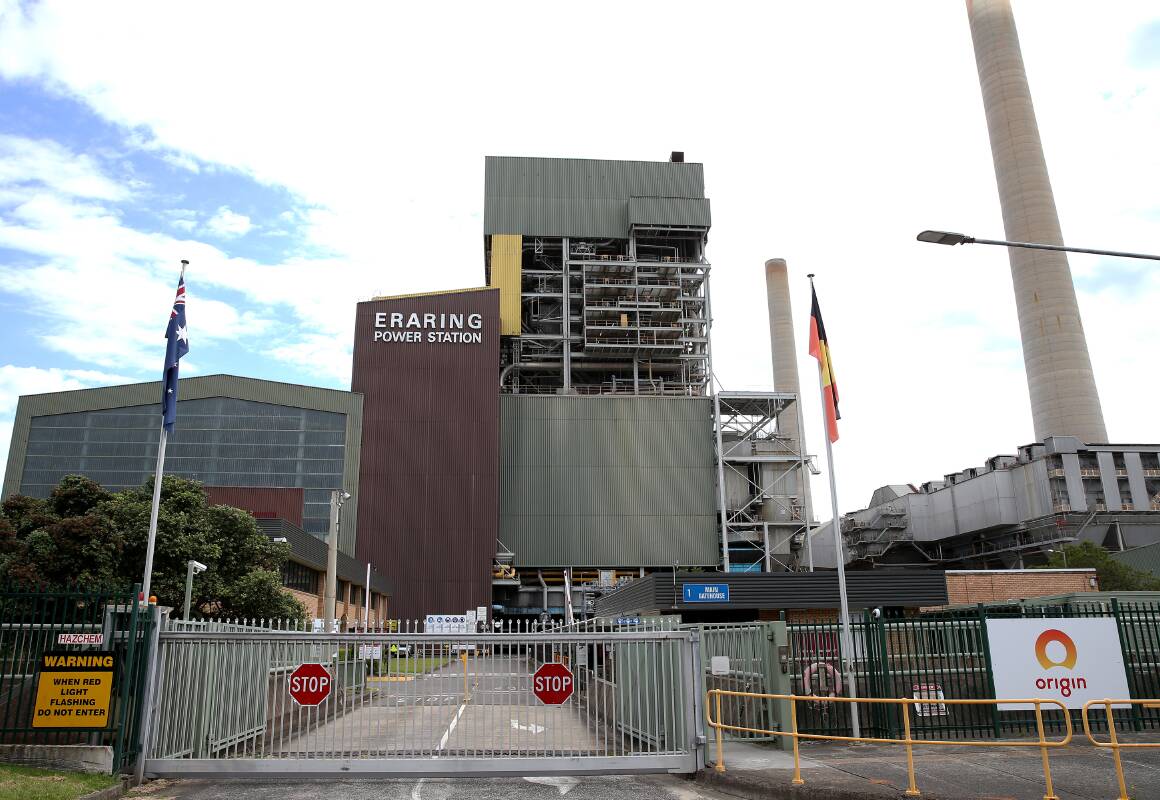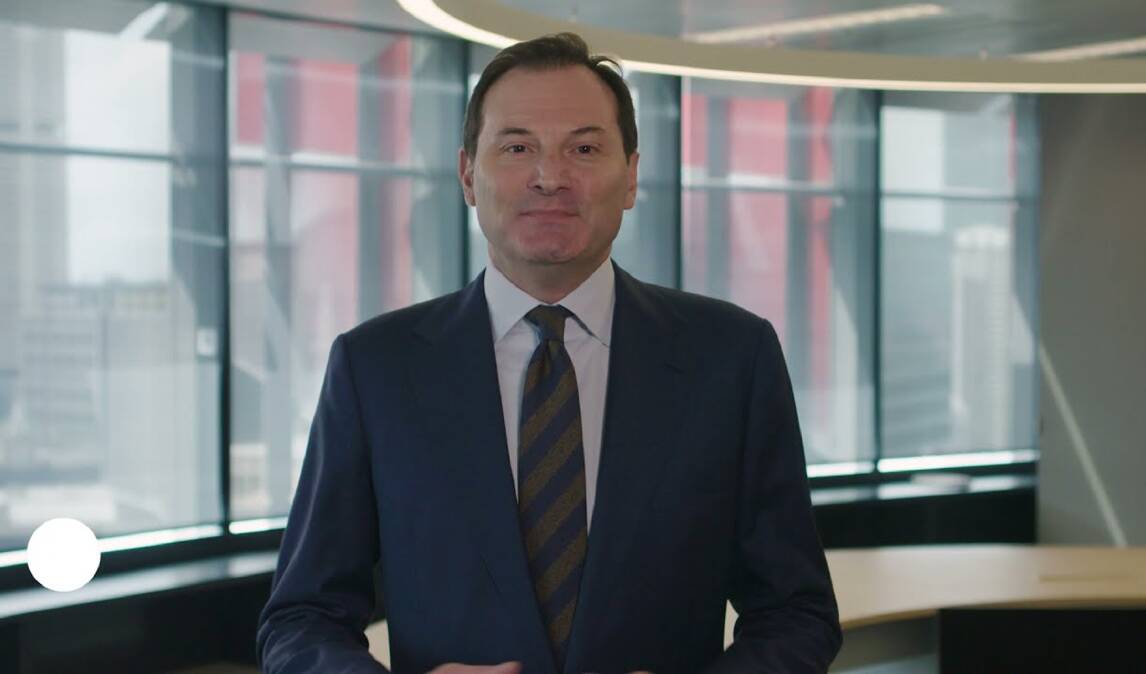
I was going open this column by looking straight at the camera and saying, loudly: "Told ya so!'
Modesty, however, forbids me from being so gauche, so I will instead say, simply, that this week's national debate over energy prices - triggered by a summit organised by the the Nine group's Australian Financial Review - has been a long time coming.
The initial focus was on a forecast by Jeff Dimery, CEO of the Chinese owner of Australian power stations, Alinta Energy, that households would pay an extra 35 per cent at least for their electricity next year.
Not everyone agreed, but as the sessions progressed, it became obvious that the major players in the Australian energy market were finally acknowledging what sceptics (and yes, that includes me) have been saying for ages: that doing away with coal-fired power is a lot harder than the renewable energy boosters would have had us believe.
Cost-wise, some of the predictions of decarbonisation are astronomical.
One figure now getting a lot more attention is the $US100 trillion estimate (that's $160,000 billion Australian) cost of getting the world to net-zero by 2050, as forecast last year by the International Energy Agency.
That total comes from an IEA estimate of about $US4 trillion a year.
Every year, between now and then.
Given that annual world gross domestic product (GDP) is presently about $90 trillion, that works out at about 4.5 per cent of GDP, or more than twice the aspirational figure of 2.0 per cent that the US wants Western nations to spend on defence.
Ultimately, though, the cost will be what it will be.
Right now, we have bigger hurdles to clear, the biggest being, in my opinion, that much of the technology being touted as our carbon saviour is yet to be proved commercially viable.

I acknowledge the observations of those who chide me by saying that every new technology has its critics.
Horse and cart advocates said the motor vehicle would never work because it would mean filling our cities with service stations full of explosive gasoline.
The danger - which I in turn have raised in relation to the far more explosive hydrogen - would have been intolerable, they said.
Hopefully time will prove me wrong, too.
But what worries me more than the question marks over future technology is the way that our existing supplies of electricity - the big coal-fired power stations - are being forced out of the market before the absolutely massive numbers of wind and solar farms and batteries can be installed to replace them.
A couple of points need to be made clear.
First, if coal-fired power stations are unreliable in 2022 it's because their owners have no economically rational reason to spend the money they would otherwise spend on long-term maintenance. You don't put a new kitchen in a house before you demolish it, in other words.
Second, if coal can no longer compete with solar and wind price-wise, it's because of the design of the National Electricity Market. Solar is so cheap during the day that it sometimes sells for negative prices. In other words the solar farms have to pay someone to take their power.
This crowds out coal, which cannot compete because it has to cover the cost of the fuel, at least. But which one of these two can generate at night? Answer: it's not solar.
This week's summit attracted dozens of high-profile business leaders. Community-minded all, but I really do like AFR columnist Joe Aston's description of them as "an aviary of chancers, urgers, rent-seekers and miscellaneous desperadoes".
All of them are talking their own book, as companies must do.

Yes they might make solar panels or run power stations or start-ups innovating with hydrogen, but they are all obliged to do this in order to line the pockets of their owners.
That's the market. Just don't mention the massive subsidies they are all hoping to attract their way.
But if markets didn't break down from time to time we wouldn't have come up with the term "market failure".
And right now, if Alinta's Jeff Dimery says we're "headed for failure", if EnergyAustralia's Mark Collette describes the challenge as "enormous" and Origin Energy's Frank Calabria says its scale is "unimaginable", why are we leaving this all to chance?
Yes, we have the Australian Energy Market Operator heading a field of power regulators and price setters, but the present situation has come to pass under their watch.
And they will say, in turn, that they can only operate with the powers that our politicians give them.
Well, I've got a suggestion.
The National Broadband Network endured its share of controversies early on, but can you imagine how long it would have taken to build had we "left it to the market"?
We'd still be on dial-up modems.
Our power problems are orders of magnitude greater, and even with the "nation building" risks that entails - that's a nod to the ABC comedy Utopia - I don't think our present approach is cutting it.
We don't leave hospitals or schools to such chance.
I'm not saying we go back to the Electricity Commission. But we do have to go forward as one, with a leader.








